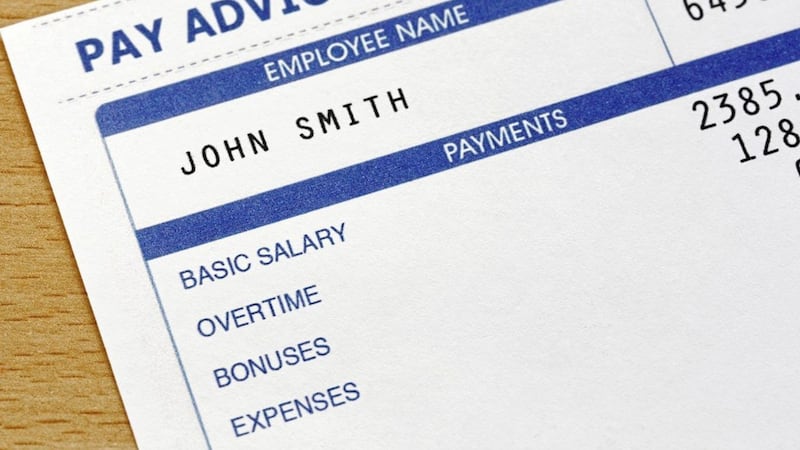QUESTION: I have a small team and have heard that the National Living Wage went up earlier this month – could you please tell me by how much?
ANSWER: The National Minimum Wage (NMW) is the minimum pay per hour most workers are entitled to by law. The rate will depend on a worker's age and if they are an apprentice.
The government's National Living Wage (NLW) was introduced in April last year for all working people aged 25 and over, and is currently set at £7.50 per hour. The current National Minimum Wage for those under the age of 25 still applies.
The new NLW is different from the Living Wage, which is an hourly rate of pay and updated annually. The Living Wage is set independently by the Living Wage Foundation and is calculated according to the basic cost of living in the UK. Employers choose to pay the Living Wage on a voluntary basis.
The NLW increased from £7.20 to £7.50 per hour from April 1. For each member of staff working full time, this increase could cost an employer on average of over £500 a year. Workers aged 25 or over and who are not in the first year of an apprenticeship, are legally entitled to the National Living Wage.
The National Minimum Wage rates (which were last increased last October) have increased as follows:
• Aged 21 to 24 - up from £6.95 to £7.05 per hour
• Aged 18 to 20 - up from £5.55 to £5.60 per hour
• Aged 16 to 17 - up from £4.00 to £4.05 per hour
• Apprentices – up from £3.40 to £3.50 per hour
There are a number of people who are not entitled to the NMW/NLW:
• Self-employed people
• Volunteers or voluntary workers
• Company directors
• Family members, or people who live in the family home of the employer who undertake household tasks
All other workers including home workers, agency workers, commission workers, part-time workers and casual workers must receive at least the NMW.
It is against the law for employers to pay workers less than the National Minimum Wage or to falsify payment records. If an employer doesn't pay the correct rate, a worker should talk to their employer and try to resolve the issue informally first.
If this doesn't work, a worker may make a formal grievance to their employer. A worker can make a complaint to HMRC who will investigate the complaint. If HMRC find that an employer hasn't paid at least the National Minimum Wage, they can send a notice of arrears plus a penalty for not paying the correct rate of pay to the worker.
With the introduction of the National Living Wage the penalty for non-payment will be 200 per cent of the amount owed, unless the arrears are paid within 14 days. The maximum fine for non-payment will be £20,000 per worker. However, employers who fail to pay will be banned from being a company director for up to 15 years.
:: Paddy Harty (p.harty@pkffpm.com) is director at PKF-FPM Accountants (www.pkffpm.com). The advice in this column is specific to the facts surrounding the question posed. Neither The Irish News nor the contributors accept any liability for any direct or indirect loss arising from any reliance placed on replies.








